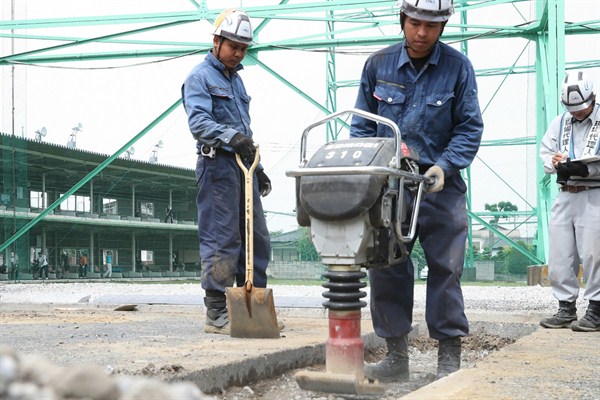In its annual economic and fiscal policy guidelines issued last month, the government of Japanese Prime Minister Shinzo Abe announced a decision to create a new residency status for low-skilled foreign workers. The measure could be implemented as soon as next year following expected approval by the legislature this fall, and the administration hopes to bring in 500,000 foreign workers by the year 2025.
This represents a major shift in Japanese policy, as the country’s official stance until now was to allow only foreign workers with specialized skills. However, the new policy was formulated with the narrow objective of addressing acute labor shortages, so it will not open the door to many new permanent immigrants, nor will it address Japan’s pressing long-term demographic challenges.
Key industries the government is reportedly targeting for the new visa include construction, agriculture and care for the elderly, all of which have experienced severe labor shortages as the economy improves and the population of working-age adults declines. Although business leaders have long clamored for relief from the country’s notoriously tight immigration system, conservative lawmakers in the ruling Liberal Democratic Party, or LDP, had resisted such changes because of concerns that they would lead to higher crime rates and lower wages.

